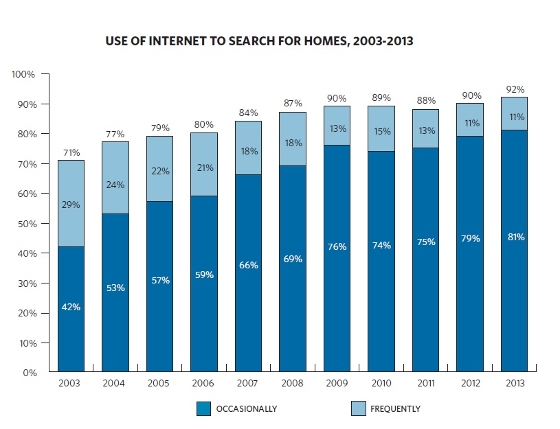It's no secret that most of us use more energy in the winter. And if your home is heated electrically, you'll likely see big changes in your electricity bill for the winter months compared to summer.
That might be true even if your home has a gas furnace. Many of us supplement heat with electric space heaters, especially in basements or other cold areas of the house. But before you plug in those heaters or turn up the thermostat, check out these tips to make sure you're making smart heating choices. Remember; the goal is to keep you warm, not your entire home.
Start by only heating the space you're using
One of the biggest advantages of baseboard heating (compared to central heat) is that you only heat the rooms that you're using. But even if the heat is only on in the living room, turning it up higher than needed will bring your costs up.
To save energy, always turn your thermostats down at night when you're sleeping, and consider lowering the heat all the time in rooms you don't use or when you are away.
Heating costs rise about five per cent for every degree above 20°C (68°F) that you set your thermostats.
Most people are comfortable:
- Reading, or watching TV at 21ºC (70°F)
- Working around the house at 20ºC (68°F)
- Sleeping at 16ºC (61°F)
And don't forget to ensure that your heaters are ready to deliver all that heat they're creating. Keeping baseboard heaters free of dust and dirt (try giving them a good vacuuming before turning them on for the first time in the fall), and away from furniture, heavy carpets and drapes ensure the most heat is delivered from the baseboard to the room. Keeping your heaters free from obstructions is also important to minimize fire risk.
Check out more tips [PDF, 150 KB] on using baseboard heaters and choosing the right heater for your home type.
Portable space heaters not a good choice for large rooms or multiple spaces
The fact is that most portable space heaters use a lot of energy, so if the room you're trying to heat is large, or you have multiple heaters in multiple rooms, you could see big changes on your bill.
To make the most of your portable heater, use it in a small or enclosed space, and try placing it in the corner of the room. Keep doors shut to keep the heat in the room that you're using. No matter what kind of space heater you're using, it's important to keep safety top of mind. Ensure it won't tip over, use it on a level floor, keep blankets and fabric away, and never go to sleep with the heater on.
Find out more tips [PDF, 150 KB] on using heaters safely and which model to choose.
Keep yourself warm, and you'll need less heat
Whether you're using central heat, baseboard heaters, portable space heaters, or a combination of all three, the best defense against a big heating bill is to keep yourself warmer to start with. Small changes to your behaviour can help keep you comfortable enough to set that thermostat a little lower.
And those savings can add up: turning the heat down by just two degrees can reduce your home heating costs by 5 per cent. If you program your thermostat to set back the temperature by five degrees for eight hours of every night, you will save about 10 per cent on your heating bill.
One of the best things you can do to keep costs down is to bundle up. Use blankets, wear warm clothing and slippers, and ensure bare floors like tile or hardwood have rugs. If your feet are warm, you'll feel much warmer in a room, even if the thermostat is turned a degree or two cooler.
Source: BC Hydro




 Subscribe with RSS Reader
Subscribe with RSS Reader With the stormy season approaching, it is important to be prepared for a possible power outage. The following list can help you and your family get ready.
With the stormy season approaching, it is important to be prepared for a possible power outage. The following list can help you and your family get ready.

 Replace your furnace filter every 3 months to improve efficiency
Replace your furnace filter every 3 months to improve efficiency


